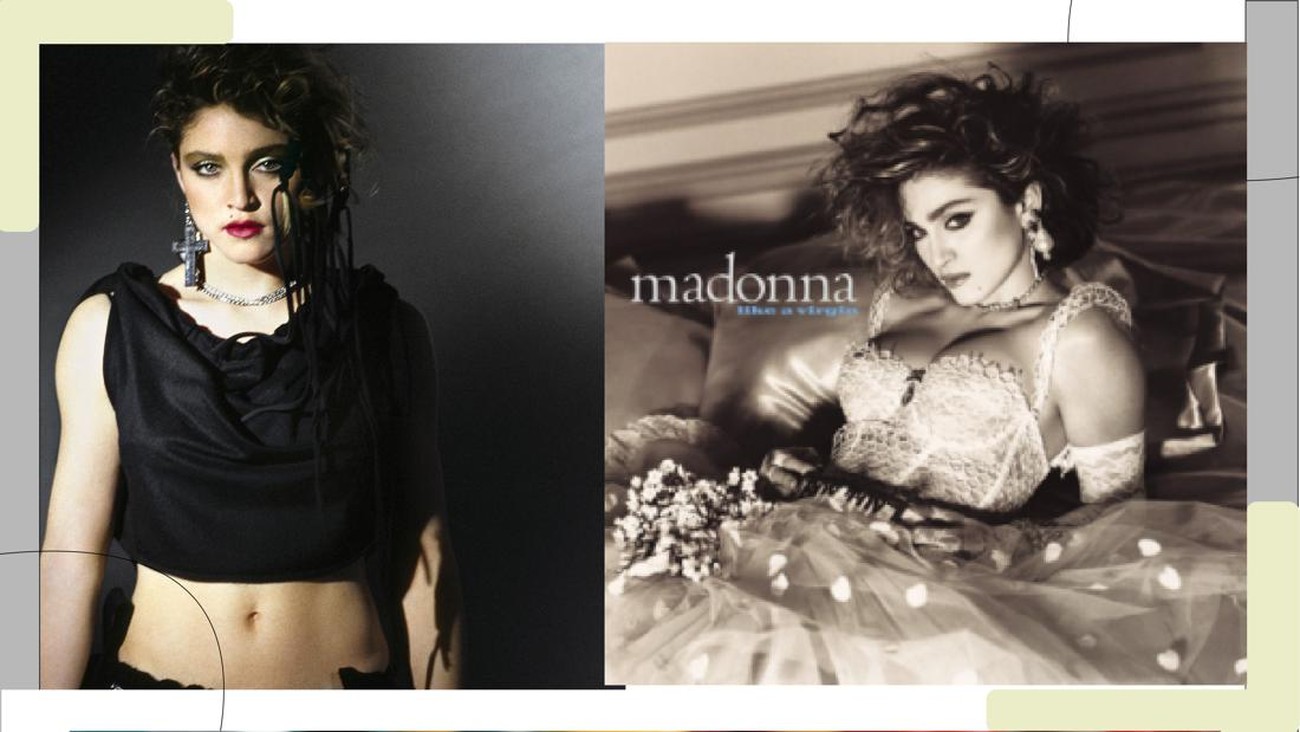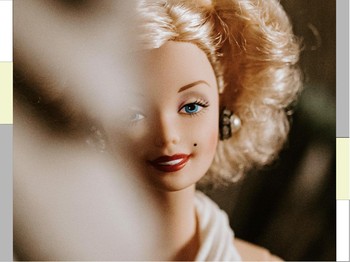Two of Martin Scorsese's films, Taxi Driver and Raging Bull, feature sexually obsessed protagonists who exhibit the so-called Madonna-whore complex with the women they interact with. Alfred Hitchcock used the Madonna-whore dichotomy as an important mode of representing women through Vertigo, where actress Kim Novak portrays two women that the hero cannot reconcile: a virtuous, blonde, sophisticated, sexually repressed "Madonna", and a dark-haired, single, sensual "fallen woman."
First theorized by Sigmund Freud, the Madonna-whore dichotomy refers to men's inability to maintain sexual arousal within a committed and loving relationship. To put it simply, the Madonna-whore complex is a term used to explain men's anxiety towards women's sexuality where men cast women into one of two categories to soothe the uncomfortable dichotomy of fear and desire: the Madonna, women he admires and respects, and the whore, women he is attracted to and therefore, disrespects. Moreover, the Madonna-whore complex views women's desirability and purity as mutually exclusive traits; love is seen as clean and virginal, whereas sex is viewed as dirty and shameful. Freud wrote, "Where such men love they have no desire, and where they desire they cannot love."
The Madonna-whore complex has contributed to many relationship issues, where men generally seek to maintain the image of their romantic partner as Madonna--but may seek the whore in the form of an affair to achieve both opposing idealizations that are impossible to project onto the same woman. As Freud stated, "The whole sphere of love in such persons remains divided in the two directions personified in art as sacred and profane (or animal) love."
Freud argued that the Madonna-whore complex was caused by a split between the affectionate and the sexual currents in male desire. It's plausible that the split may worsen when the person is raised by a cold but overprotective mother, where a lack of emotional nurturing paradoxically strengthens an incestuous tie. Most men who select wives who remind them of their mothers—eventually end up despising their wives because they remind them too much of their moms. In many cases, men are not even physically attracted to them. Instead, the women serve more as companions or comfort figures—a.k.a mothers, sisters, or nurturers who make the men feel secure in the relationship.
Even though many of Freud's sexual theories are now considered old-fashioned and sexist, his psychoanalytic notion of the Madonna-whore complex is still quite prevalent in modern sexual dynamics and gender roles. If we look at the bigger picture, the idea of Madonna-whore complex is a classic stereotype that breathes within society, where men are depicted as sexually active and assertive while favoring nonrelational sex and women are described as sexually passive and seeking relational sex. Women are given so many shaming antisexual messages suppressing the understanding and integration of their sexuality while simultaneously being valued principally for their youth, attractiveness, and overall sexual prestige by society. Why can't women be both respected and desired?
Madonna herself declared, "I have always loved to play cat and mouse with the conventional stereotypes. My 'Like a Virgin' album cover is a classic example; people were thinking who was I pretending to be—the Virgin Mary or the whore? I wanted to see if I could merge them together, Virgin Mary and the whore as one and all. The photo was a statement of independence, if you wanna be a virgin, you are welcome. But if you wanna be whore, it's your fucking right to be so."






















